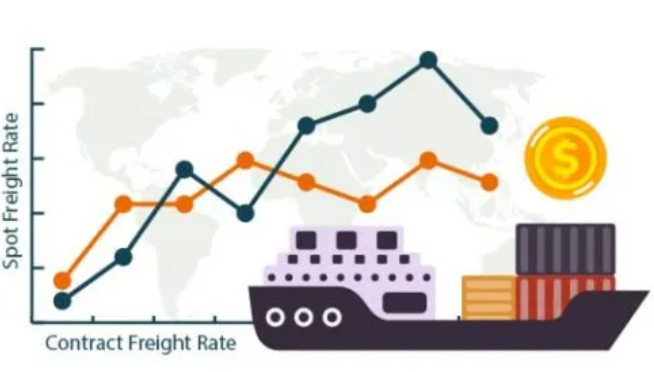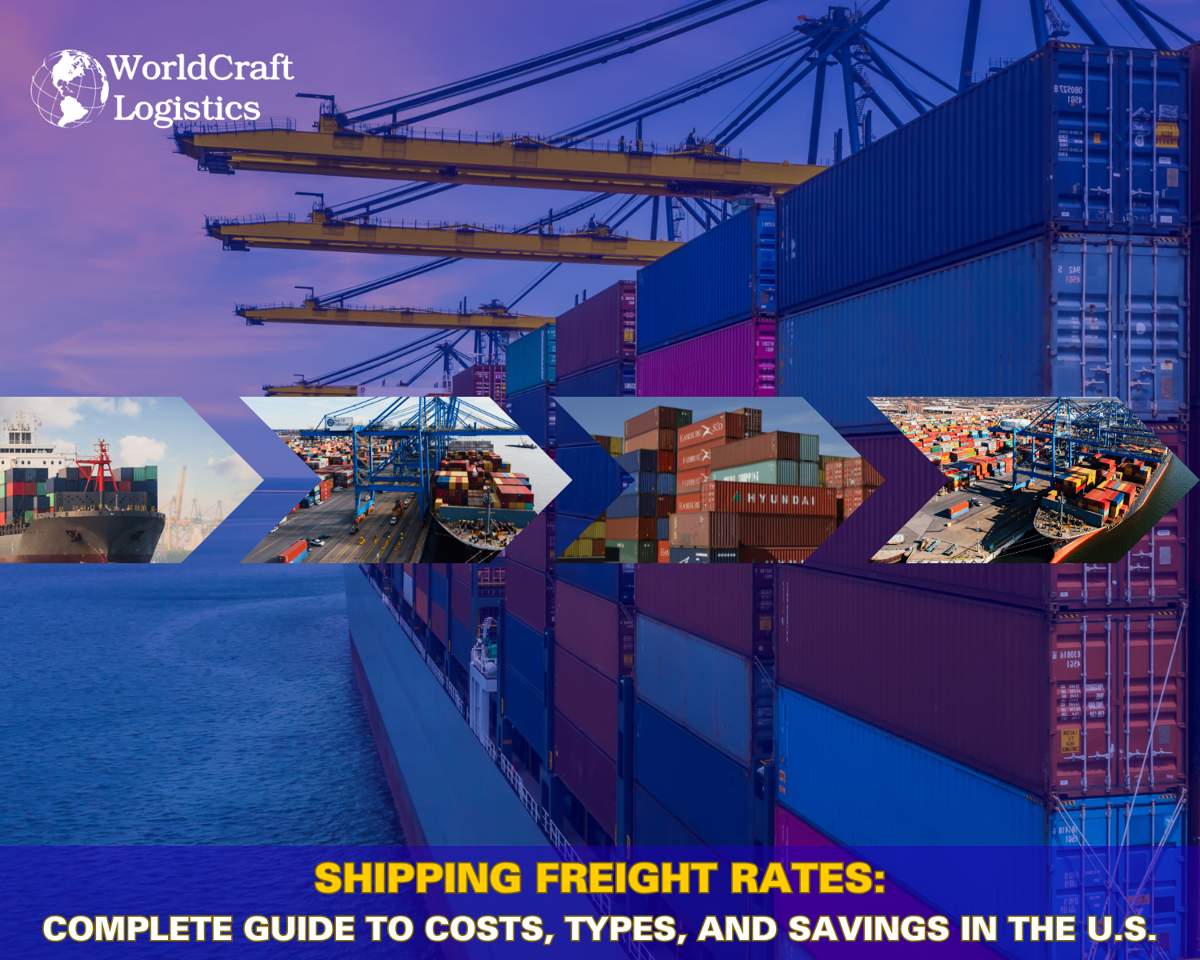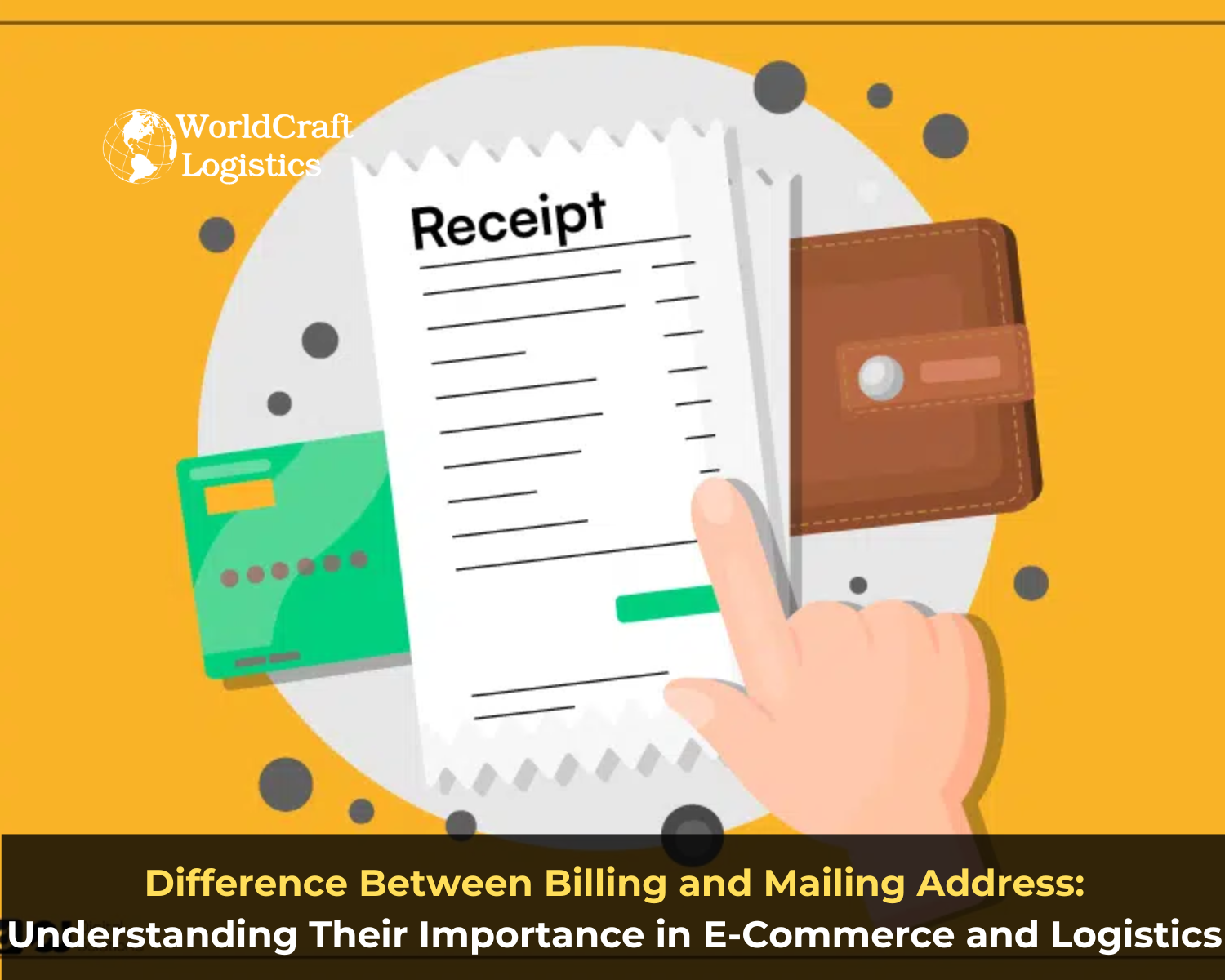
Starting June 1st, 2023 Our warehouse fee will be $0.65/cubic foot per month
In effort to lower the warehouse storage fee during inflation, we have went narrow aisle racking.This construction took us four months but the project is finally completed. With narrow aisle racking, we are able to drop storage by 24%.We as partners will go through this inflation together.
03/14/2023
 Spot Freight rate vs contract freight rate
Spot Freight rate vs contract freight rate
Spot and long-term freight rates have emerged as a result of a persistent mismatch between demand and supply capacity in the global freight industry.
What are spot freight rates?
A spot freight rate is a non-committal, one-time rate applicable to a specific sea or air shipment. These rates are determined by capacity and are influenced by a number of variables, including regional demand, oil prices, and bunker prices. Due to the fact that spot rates are determined on the day of shipment, they carry inherent risk and are highly volatile based on the current market conditions.
What are contractual freight rates?
In contrast, contractual freight rates are set with a carrier for a specific period of time, typically one year. These rates are more secure and offer superior service. In recent years, however, the competitive market has witnessed a gradual increase in spot rates.
So which is more preferable, spot or contract?
It depends on the visibility and predictability of your supply chain. If you have stability and certainty, contractual freight rates are superior. If you cannot plan your shipments in advance, however, you can choose spot freight rates.
With a freight contract, shippers or cargo owners can develop long-term relationships with freight sellers or carriers and anticipate receiving superior service. Despite the fact that spot freight rates may be less expensive than contractual freight rates, many shippers favor contractual rates for the long term. Carrier preference is also given to shipments booked at contract rates. Correctly negotiating the contract freight rate can aid in avoiding peak season surcharges and general rate increases during high volume seasons.
Can you use both spot and contract freight rates?
Most of the time, yes. Depending on your contract terms, relationship with the freight seller or carrier, trade lane, and volume, you may move some of your shipments at a spot rate despite filing a contract rate. This option is exercised when spot freight rates decline below your negotiated long-term contract rates. However, spot rates may not always be cost-effective. Continuous freight movement tracking is essential.

Education
01/05/2025

Education
02/18/2025

Education
01/01/2024

Education
09/09/2025

Education
08/28/2024